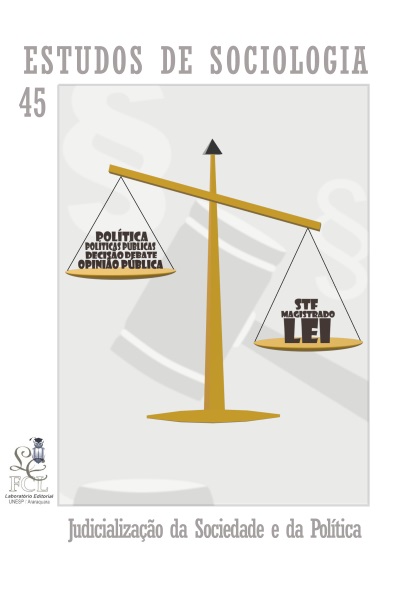Discretion in criminal justice: developing a framework for analysis
DOI:
https://doi.org/10.52780/res.11702Keywords:
Discretion, Criminal Justice, Social Theory, Plea Bargain, Brazil,Abstract
The introduction of the plea bargain in Brazilian’s legislation granted prosecutors a type of power generally called discretion. Failure to understand this change has caused difficulties in its analysis. In this article an effort is made to define discretion and review its use as a scientific concept in both the social sciences and legal studies with the goal of providing a better understanding of the subject to the scientific and public debate. Through the critical reading of published works in English as well as from Brazilian researchers that utilize its premises and methods, it is concluded that discretion as a concept has been used in variety of ways and that it is inadequate as an answer to questions that it has helped to ask. Finally, an alternative framework for social analysis is proposed in which discretion is decomposed before being requalified by social theory.
Downloads
Downloads
Published
How to Cite
Issue
Section
License

À revista Estudos de Sociologia ficam reservados os direitos autorais pertinentes a todos os artigos nela publicados.
Os artigos publicados e as referências citadas na revista Estudos de Sociologia são de inteira responsabilidade de seus autores.
A Estudos de Socilogia utiliza a licença https://creativecommons.org/licenses/by/4.0/ (CC BY), que permite o compartilhamento do artigo com o reconhecimento da autoria.



